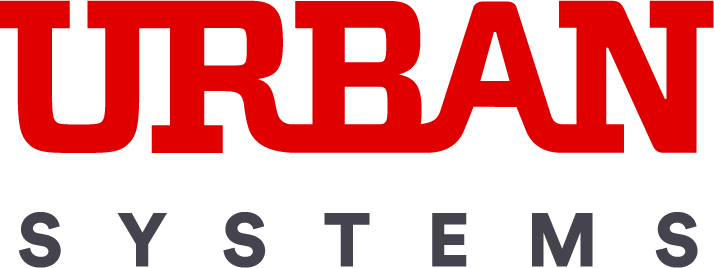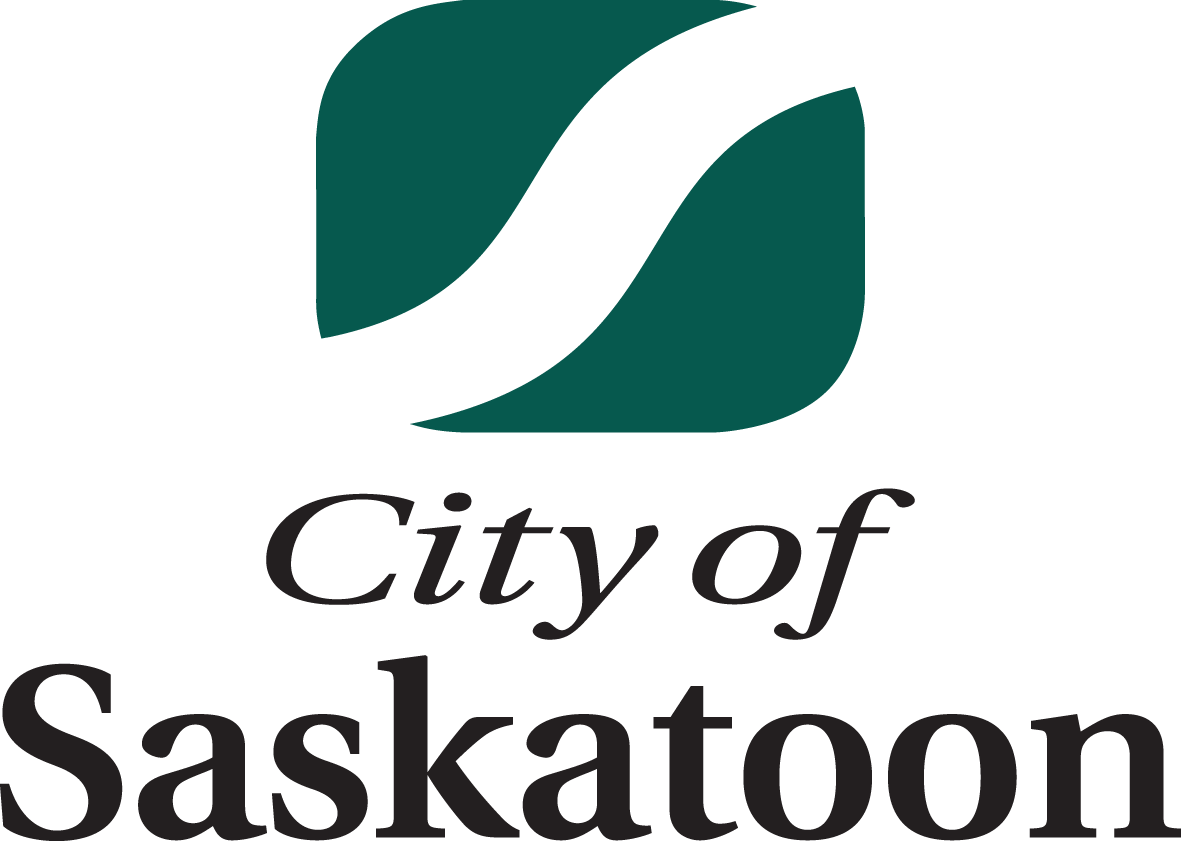ClimateWest Forum: Climate Resilient Futures
Empowering People through Knowledge, Tools, and Stories
The annual ClimateWest Forum took place on June 17-18, 2025 in Saskatoon and online
About
The ClimateWest Forum brings together a wide range of sectors and communities who are working toward a climate resilient future across Alberta, Saskatchewan, Manitoba, and beyond.
As the Canadian Prairie Provinces are projected to continue warming much faster than the global average, the need to prepare and adapt becomes ever more pressing. The ClimateWest Forum aims to share prairie-specific approaches to climate action that tap into our unique culture, resources, and potential. Sessions delve into inspiring stories that motivate adaptation actions, as well as knowledge and tools that promote preparedness.
Through sharing knowledge, tools, and stories, the ClimateWest Forum aims to empower people to build resilience in their communities by preparing for the impacts of our changed and changing climate.
The ClimateWest Forum provided an opportunity for attendees to:
- Network in a shared space that promotes cooperation and knowledge-sharing.
- Hear from climate experts from a prairie perspective.
- Explore inclusive and collaborative approaches to building stronger, more climate resilient communities.
- Learn about the role of ClimateWest as the regional climate services hub for Alberta, Saskatchewan, and Manitoba.
ClimateWest is supported by the Governments of Canada, Alberta, Saskatchewan, and Manitoba.
Date
June 17-18, 2025
Location
Sheraton Cavalier Saskatoon Hotel and online
Cost
Free (includes admission to the Forum, meals and refreshments)
Agenda
The ClimateWest 2025 Forum brought together 24 knowledgeable speakers to help our attendees navigate the challenges of climate adaptation through inspiring stories, innovative tools, and practical knowledge.
Download the full agenda for a list of speakers and topics that were explored at the forum.
Key Takeaways
Over two days, we heard from 24 inspiring thought leaders and practitioners who shared their strategies, experiences and reflections on working to adapt to the changing climate in the prairie provinces. We’ve put together this report to highlight our top five key takeaways from the forum along with a list of resources that were shared by the speakers.
Presentations
We are pleased to share the presentations from the forum below:
Day 1 – June 17, 2025
- Observed Climate Change Impacts in the Prairie Provinces and Future Projections, Elaine Barrow, Canadian Centre for Climate Services
- Environmental Stewardship and Indigenous Youth Advocacy, Jordyn Burnouf, Land Based Practitioner and Youth Leader
- Addressing Climate Distress and Building Resilience with Saskatchewan Youth: The Break The Divide Approach, Abhay Singh Sachal, Break the Divide
Day 2 – June 18, 2025
- Conserving and Restoring Wetlands and Grasslands for Climate Resilience, Chuck Deschamps, Ducks Unlimited Canada
- Progress on Natural Infrastructure and Asset Management at the City of Saskatoon, Jessie Best, City of Saskatoon
- Restoring and Managing Natural Infrastructure: Tools for a Resilient Prairie Landscape, Renny Grilz, Meewasin Valley Authority
- A First Nations Drought Resiliency Needs Assessment, Scott Millar, North Saskatchewan Watershed Alliance & Michael Martineau, Confederacy of Treaty Six First Nations
- Where Water, Wellness, and Communities Meet, Bridget Andrews, Saskatchewan Association of Watersheds
- Advancing Water Conservation and Preparing for Climate Challenges in Saskatoon, Genevieve Russell, City of Saskatoon
- Buffalo Pound Water Treatment Plant Renewal: Building Sustainable, Resilient, and Efficient Water Infrastructure, Ryan Johnson, Buffalo Pound Water Treatment Corporation
- Growing Roots with ALUS: Regenerative Agriculture and Stewardship on the Prairies, Nicole Baldwin, ALUS
- Advancing Prairie-Proven Solutions for Agricultural Adaptation and Resilience, Adrienne Tastad, Living Lab – Central Prairies
- Local Food Supporting Healthy Grasslands, Mark Hoimyr, Farmers for Climate Solutions
Tool Corners
- Resilient Rurals Toolkit, Jill Yanch
- HealthyPlan.City, Dany Doiron
- ClimateData.ca, Casey Clunas
- Climate Insight, Sheri Young
Recordings
We are pleased to share the recordings from the forum through our YouTube channel:
Day 1 – June 17, 2025
- Observed Climate Change Impacts in the Prairie Provinces and Future Projections, Elaine Barrow, Canadian Centre for Climate Services
- Environmental Stewardship and Indigenous Youth Advocacy, Jordyn Burnouf, Land Based Practitioner and Youth Leader
- Addressing Climate Distress and Building Resilience with Saskatchewan Youth: The Break The Divide Approach, Abhay Singh Sachal, Break the Divide
Day 2 – June 18, 2025
Embracing Nature: Building Resilience through Natural Infrastructure
Moderated by Dimple Roy, International Institute for Sustainable Development
- Chuck Deschamps, Ducks Unlimited Canada
- Jessie Best, City of Saskatoon
- Renny Grilz, Meewasin Valley Authority
Stories of Resilience: Northern, Indigenous, and Rural Adaptation Strategies
Moderated by Katherine Finn, Bridge to Land Water Sky
- Michaela Sidloski, University of Saskatchewan
- Roger Daniels, Mistawasis Nêhiyawak
- Alanna Carlson & Keaton Sinclair, AKreGeneration
Managing Water in a Changing Climate
Moderated by Jessica Vanstone, Government of Saskatchewan
- Scott Millar, North Saskatchewan Watershed Alliance & Michael Martineau, Confederacy of Treaty Six First Nations
- Bridget Andrews, Saskatchewan Association of Watersheds
- Genevieve Russell, City of Saskatoon
- Ryan Johnson, Buffalo Pound Water Treatment Corporation
Moderated by Sandra Sutter, Farm Credit Canada
- Nicole Baldwin, ALUS
- Adrienne Tastad, Living Lab – Central Prairies
- Mark Hoimyr, Farmers for Climate Solutions
- Jill Yanch, Resilient Rurals Toolkit – https://www.resilientrurals.com/resource-hub
- Dany Doiron, HealthyPlan.City – https://healthyplan.city/en
- Casey Clunas, ClimateData.ca – https://climatedata.ca/
- Sheri Young, Climate Insight – https://climateinsight.ca/
Land Acknowledgement
ClimateWest’s work occurs on the traditional land of Treaties 1 through 8, and 10. This area includes many Indigenous Nations. The ClimateWest office is located on Treaty 1 Territory, the historic meeting place of the Anishinaabeg, Cree, Inninewuk, Anishininiwag, Dakota and Dene, and the Homeland of the Métis Nations.
The ClimateWest 2025 Forum was held on Treaty 6 Territory, the traditional lands of the Cree, Saulteaux, Dene, Dakota, Lakota, Nakota, and the Homeland of the Métis people.
We reaffirm our relationship to the land and with one another, and we are committed to move forward in partnership with Indigenous Nations in the spirit of reconciliation and collaboration. We encourage all attendees to learn more about the traditional territories where they live and work, reflect on their responsibilities to the land and its people, and take meaningful action toward reconciliation.
Event Partners
We gratefully acknowledge our 2025 event partners for helping us achieve our forum goals.






